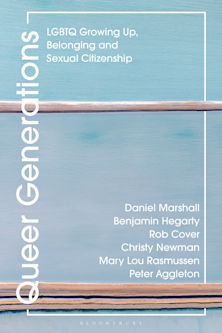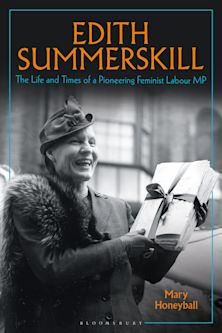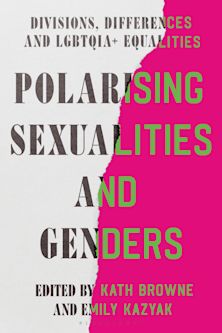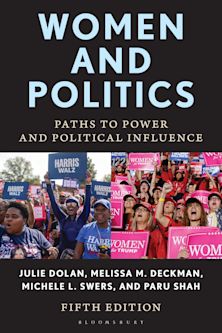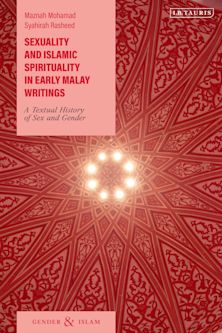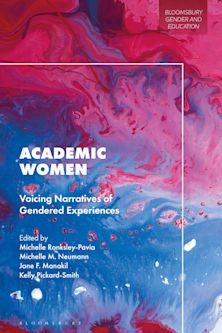- Home
- ACADEMIC
- Politics & International Relations
- Sexuality and Gender
- Queer Premises
Queer Premises
LGBTQ+ Venues in London Since the 1980s
Queer Premises
LGBTQ+ Venues in London Since the 1980s
You must sign in to add this item to your wishlist. Please sign in or create an account
Description
Queer premises provide vital social and cultural infrastructure – a queer infrastructure – connecting different generations and locations, facilitating the movement of resources, across and beyond the city.
Queer Premises offers evidence for how London's diverse LGBTQ+ populations have embedded themselves into urban space, systems and resources. It sets out to understand how, across their different material dimensions, bars, cafés, nightclubs, pubs, community centres, and hybrids of these typologies, have been imagined, created and sustained. From the 1980s to the present, Campkin asks how, where, and why these venues have been established, how they operate and the purposes they serve, what challenges they face and why they close down.
Table of Contents
List of figures
List of abbreviations
Queer Premises
Chapter 1 Queer infrastructure
Chapter 2 Perverted purposes
Chapter 3 Mainstreaming pride
Chapter 4 Rupture and repair
Chapter 5 Seeking closure
Chapter 6 Sui generis
Chapter 7 Macho city
Chapter 8 Pandemic premises
About the author
Acknowledgments
Product details

| Published | Jun 01 2023 |
|---|---|
| Format | Ebook (Epub & Mobi) |
| Edition | 1st |
| Extent | 296 |
| ISBN | 9781350324848 |
| Imprint | Bloomsbury Academic |
| Publisher | Bloomsbury Publishing |
About the contributors
Reviews
-
Queer Premises provides a valuable account of London's commercial venues, which will be of interest to both scholars and practitioners of LGBTQ+ placemaking.
Journal of British Studies
-
This terrific book deftly unpicks the shifting and unequal forces – from LGBTQ+ activism to clunky planning processes and neo-liberal urban redevelopment – that have affected the survival or closure of London's queer venues since the 1980s. Professor Campkin's fine-grained and authoritative analysis illuminates our understanding of London's queer nightlife and will reshape queer urban studies.
Alison Oram, Institute of Historical Research, University of London, UK
-
In these pages lives a network of places that scale up into structures of urban governance, planning, and “queer infrastructure” in London. The clever move to examine the heritage values of these LGBTQ+ venues enables Campkin to show the collectivist project of placemaking initiatives. An absolute tour de force.
Amin Ghaziani, Professor of Sociology, University of British Columbia
-
Queer Premises is thus an ethnography of not only club life and the intimacy sought there, but also the adjustments municipal government made to queer culture in London after 1980. Performance styles, music genres, and most importantly new community emerged. The interaction between the new identity cultures, and the conservative government is what makes Campkin's book significant to a broader audience.
DIY, Alternative Cultures and Society

ONLINE RESOURCES
Bloomsbury Collections
This book is available on Bloomsbury Collections where your library has access.











